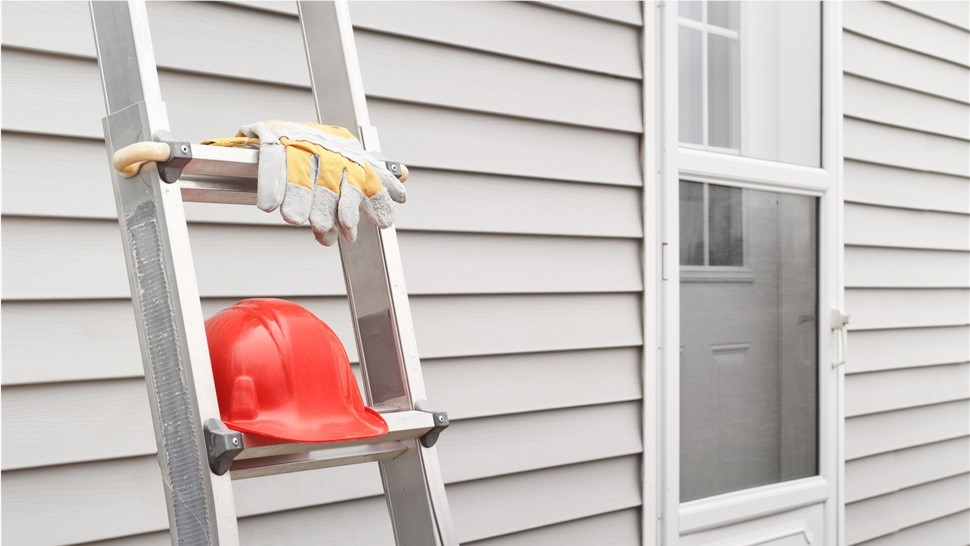Employee Burnout: Is Your Maintenance Crew Feeling Burnt Out During Construction?
In almost every industry, the effects of Covid have made it difficult for employers to find or retain employees and for those who are still working, are they ready to quit from being overworked? We understand. Currently, there is an estimated 21.4% industry-wide construction employee turnover rate. And, with less staff there is no more time for preventative maintenance leaving only the reactive emergencies to put out all the time. That sounds exhausting.Then, add construction projects into the mix and you not only have emergency requests to take care of but get inundated with questions about when they can or cannot be in their apartments, how long it will take and no matter how many times you send emails about the project, the in-person questions never go away.
Employee burnout is both physical and emotional exhaustion that is further impacted by lack of resources or support. So, are you providing enough support to your team through construction projects?
Leading Causes of Burnout (Before and During Construction)
Below is a list of leading causes of burnout and it sounds like a no brainer. Taking action to correct the area is a whole different story. Take a look and identify where your team may be missing the mark.- Lack of Training or Preparation about the project
- Poor communication, unsure how to handle resident questions
- Being overworked and underappreciated
- Feeling the need to be constantly connected to work
- Working in a toxic environment
- Lack of support from a manager and/or coworkers
- Being micromanaged
How to Prevent Burnout
After identifying where you feel you can prevent or improve your maintenance staff’s burnout, create a clear action plan to tackle the construction phase. What does that look like? We’ve created a step by step process for you to work through to ensure you are taking care of the maintenance guys too.- Define Job Descriptions - Again
- Improve Your Team’s Day to Day
- Hands-On Maintenance Training and Growth

Encouraging growth is highly valuable and motivating for employees. Endeavor Exteriors partners with the Apartment Association of Metro Denver (AAMD) sponsoring hands-on maintenance training for professionals called HOME Room. Everything from electrical to plumbing, these training classes are in-person and memorable with attendees literally taking apart and putting back together a dishwasher, as an example. We want to help your staff stay informed and on top of their game. Check out maintenance training classes here.
You can also sign up your full property ($450) for unlimited classes for any of your maintenance staff! This means if new staff join your team, they automatically have trainings available to them.
- Use Technology to Improve Team Work Environment
What about maintenance requests, schedules and data and communication - do you have ONE platform for all of this yet? Whether it’s iPad’s, phones, management software - other departments tend to get these before maintenance teams. No wonder they feel like less of a priority.
Ultimately, utilizing technology can help you keep management and admin costs low while providing so much value to both parties. With the ever changing construction scheduled that occur, dialing in how you communicate with your staff and at what frequency is crucial so they have the right info to relay to residents. Think about it.
- Recognize Top Performers
Recognition comes in a variety of forms. A great incentive is to create a type of recognition program for staff, specifically during constructions to ensure residents are taken care of too:
- Verbal compliments
- Gift cards out to restaurants for their hard work
- New tools for hitting goals or when residents compliment your staff during the project
- A certificate of recognition
- Fair Pay
With less staff available, now is a good time to evaluate how much one person is capable of and how many you actually need per property. Could you use two guys instead of three and pay them more? If higher wages isn’t an option, just be sure you make up for it in all the other areas.
Remember, Property Maintenance is Not Property Management
Property maintenance and management are two very different things but some landlords view them as the same. Both are crucial to your property but what’s the difference and where does maintenance provide value? Maintenance is everything from landscaping to mechanical equipment, roadways, shared areas between buildings, leaky or broken pipes, bad lightbulbs even needs care to avoid fires, flooding and tenant injuries (and lawsuits).Ensuring you have a good maintenance team that’s not overworked will:
- Maintain or increase resident satisfaction during construction
- Increase property value as assets are kept in good working condition
- Extend the working life of HVAC, appliances, flooring, roofing, windows and building structures
- Reduce costs for emergency repairs
- Reduce staff time spent on reactive maintenance
- Provide more time for preventative maintenance
- Save on unscheduled repairs and fees
Subscribe to Endeavor Exteriors's Blog



Comments